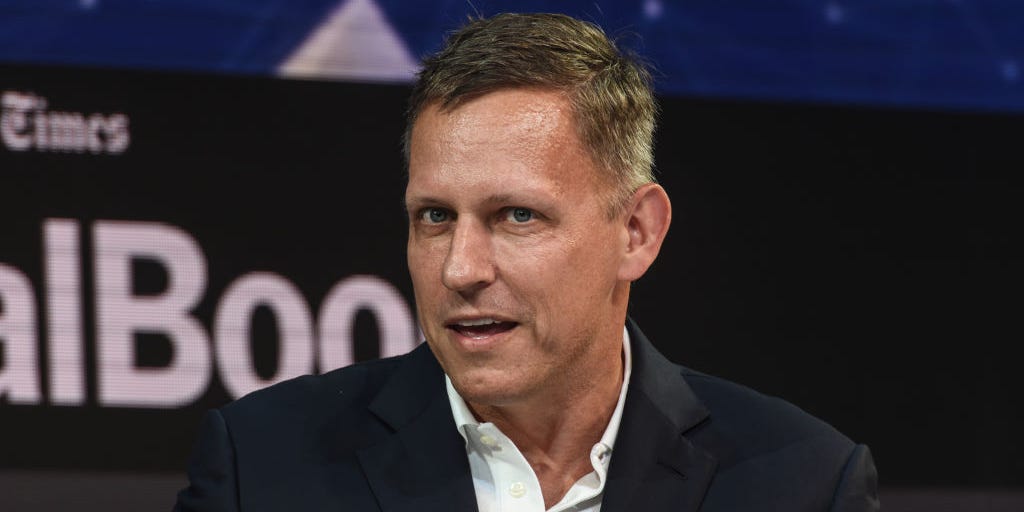
- Peter Thiel-backed Atai Life Sciences is planning to raise $100 million in an initial public offering.
- The clinical-stage biopharmaceutical company has raised $362 million from private investors so far, SEC filings show.
- Atai partners with companies that research the use of psychedelic compounds to treat mental health conditions.
- Sign up here for our daily newsletter, 10 Things Before the Opening Bell.
Health start-up Atai Life Sciences is planning to raise $100 million in an initial public offering, according to filings submitted to the US Securities and Exchange Commission on Tuesday.
The clinical-stage biopharmaceutical company that's backed by billionaire investor Peter Thiel has raised an aggregate of $362 million from private investors so far, the filings show.
Atai describes itself as a drug development platform that aims to incubate, acquire, and invest in companies that advance mental health disorder treatments. Some of the companies that Atai currently partners with use psychedelic compounds to develop drugs.
Atai said it currently has 10 therapeutic programs, including five psychedelic compounds, in its pipeline, and six enabling technologies in development. None of Atai's drugs have been formally approved by regulators but one of the companies has initiated a Phase 2 trial in the US.
CNBC reported that Peter Thiel invested $12 million in Atai's Series C round through his venture firm, Thiel Capital, in November.
Investor interest in psychedelics has grown as recent small studies show that psychedelic compounds, such as psilocybin, when administered in a clinical setting, have the potential to reduce symptoms of anxiety, depression, addiction, and post-traumatic stress disorder.
In November 2020, Oregon became the first US state to legalize psilocybin for therapeutic uses.
Atai is planning to list on the Nasdaq exchange but a date for the IPO has not been set.
Credit Suisse, Citigroup, Cowen, and Berenberg are among the underwriters for the IPO.
In the filings, Atai noted a risk associated with its business is that it has never generated revenue and may never be profitable. It also said it cannot give any assurance that any of the product candidates will receive regulatory approval, a necessary step before commercialization.
